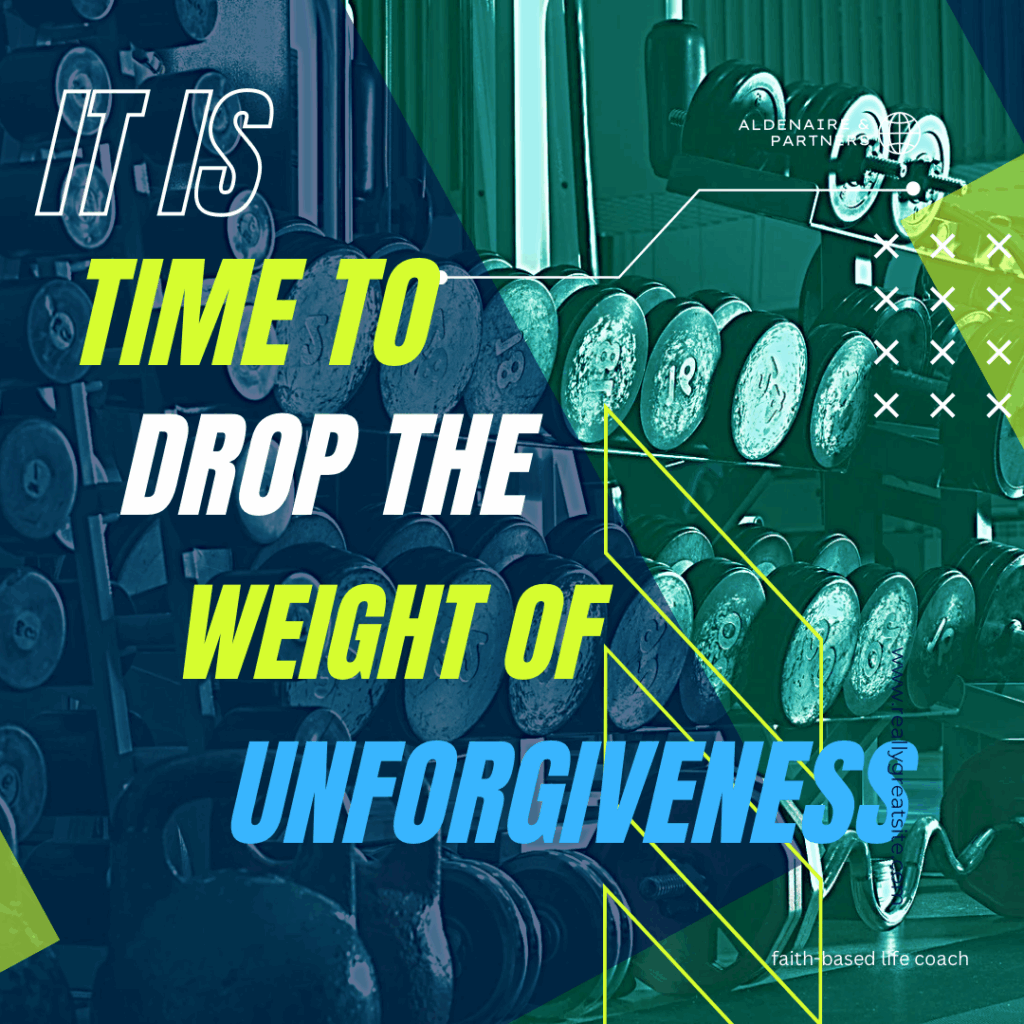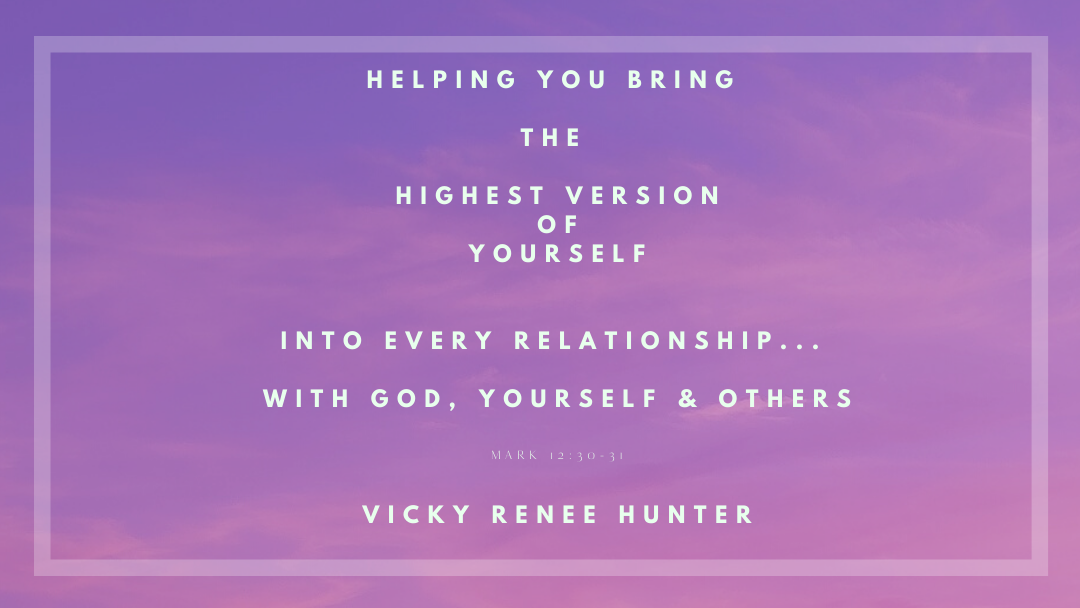
Unforgiveness is heavy.
It drains our peace, steals our joy, and builds invisible walls between us and the freedom God desires for us.
Many of us carry emotional baggage from past hurts, betrayals, and disappointments—thinking we’re protecting ourselves, but in reality, we’re only prolonging our pain.
It’s time to forgive— to release the offense, surrender the hurt, and receive healing through Christ.
You deserve peace.
You deserve joy.
You deserve to be free.
God’s Word is clear about the importance of forgiveness—not only as a command but as a path to healing.
“Bear with each other and forgive one another if any of you has a grievance against someone. Forgive as the Lord forgave you.” —Colossians 3:13 (NIV)
Forgiveness doesn’t mean what happened was okay. It means you’re choosing to release the offense and trust God to be your healer and your defender. When we forgive, we make space for God’s peace to move in.
Letting go of unforgiveness isn’t always a one-time decision—it’s often a process. But it begins with one brave step of faith. God doesn’t ask us to do it alone. His Spirit empowers us to forgive, even when it seems impossible.
Here’s how you can begin:
- Pray honestly – Tell God how you feel and ask for His strength to release the pain.
- Speak forgiveness aloud – Declare it even before your emotions catch up.
- Choose to bless – Pray for the person who hurt you. Blessing them breaks the cycle of bitterness.
- Remind yourself of God’s grace – You’ve been forgiven much.
When we forgive, we make space for God’s peace to move in.
It’s time to drop the weight!

